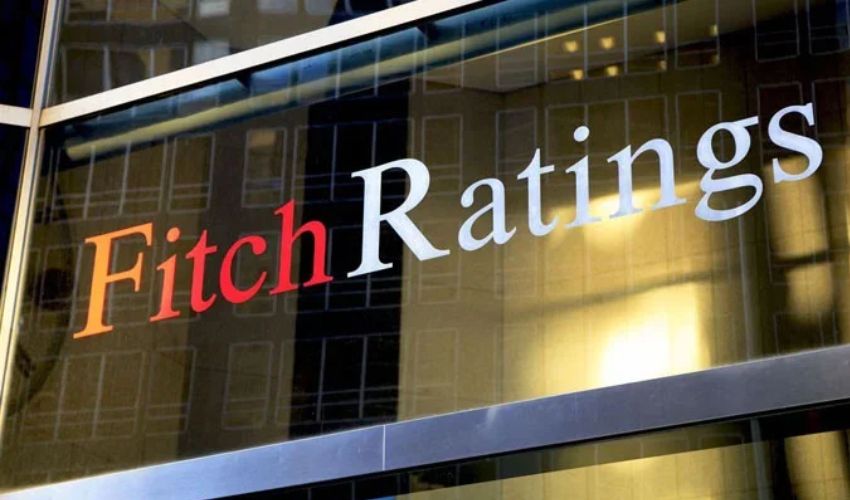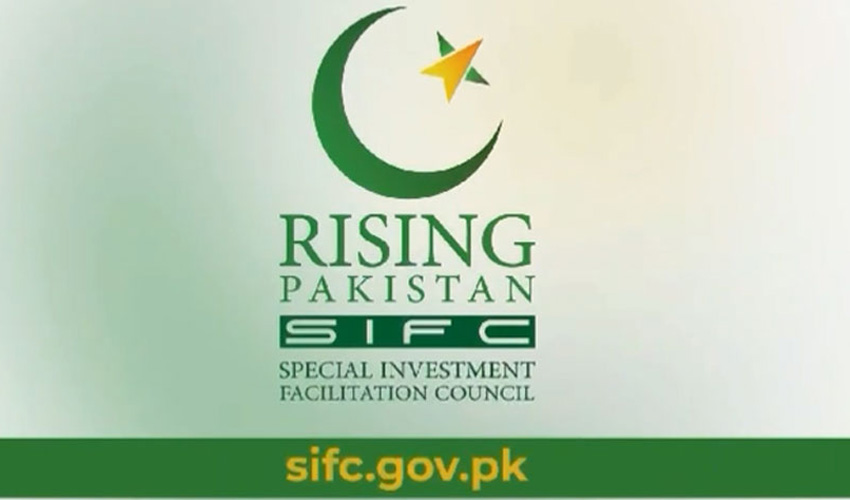Global rating agency Fitch has stated that Pakistan is progressing toward restoring economic stability.
In its latest report, Fitch emphasized that structural reforms are crucial for Pakistan’s debt profile. Progress on challenging reforms is key to the International Monetary Fund (IMF) review, as well as bilateral and multilateral financing.
According to the report, the State Bank’s decision to reduce the interest rate to 12% signals lower consumer inflation. The average inflation rate was 24% until June, which has since dropped to slightly over 2% in January.
Fitch upgrades Pakistan’s credit rating
Fitch has upgraded Pakistan’s credit rating. The agency noted that economic activities are improving due to stability and lower interest rates. Economic growth is projected to be 3%, while workers’ remittances, agricultural exports, and a tight monetary policy have contributed to a current account surplus of $1.2 billion.
Fitch reported that foreign exchange reserves are equivalent to three months of imports. However, these reserves remain below financial requirements, with $22 billion in debt repayments due in the 2025 fiscal year. Of the total repayments, $13 billion consists of bilateral deposits, which Fitch expects to be rolled over.
The report highlighted some positive economic progress, including a primary surplus exceeding the IMF’s target. However, tax revenue in the first half of the fiscal year fell short of IMF expectations.
Fitch also noted that provinces have enacted legislation on agricultural income tax. Increased foreign exchange reserves and reduced external financing needs could lead to a positive rating in July, while delays in the IMF review could result in a negative rating.


























